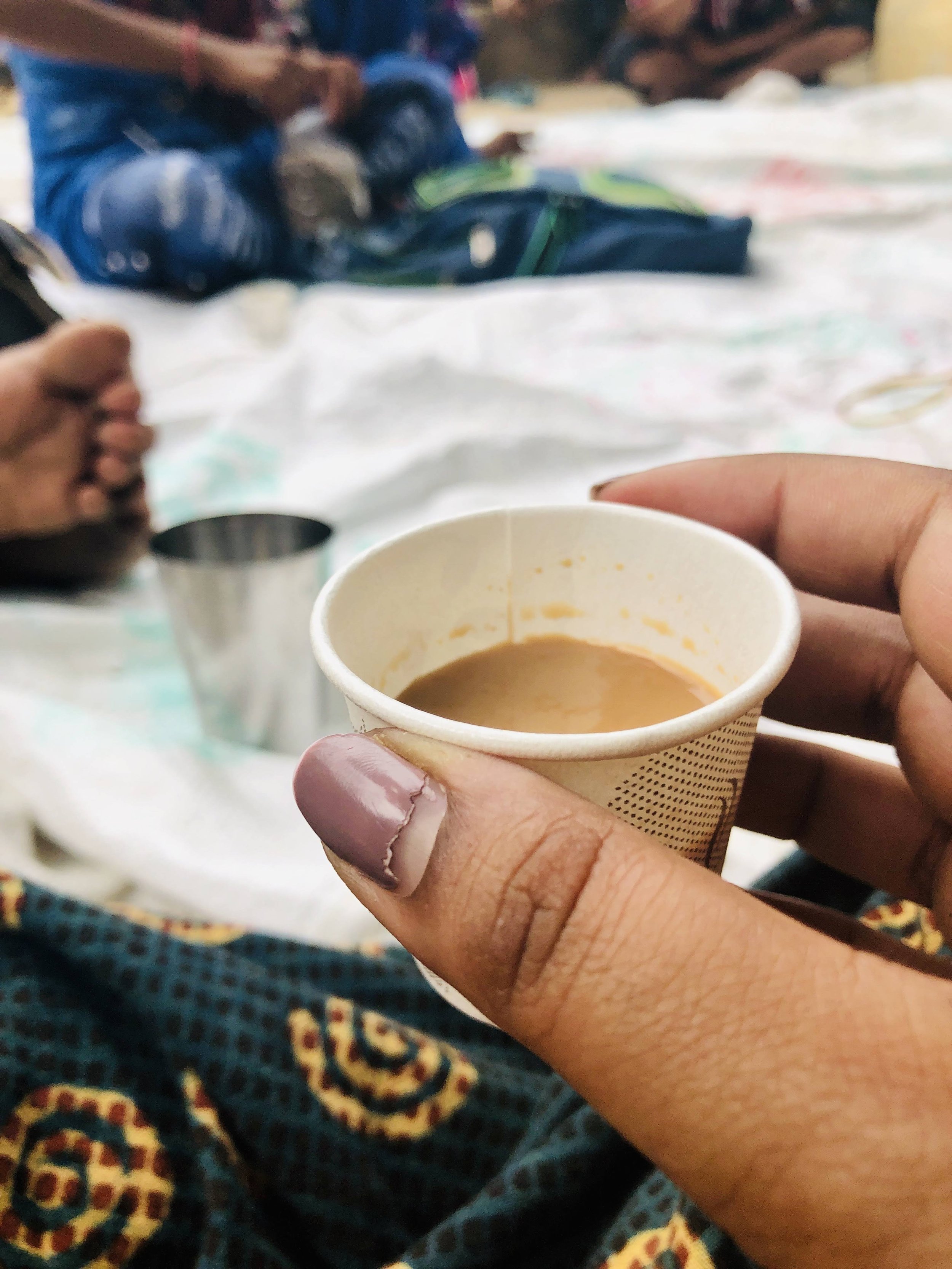My name is Surili Sheth. I’m a political scientist and economist who studies gender, public service delivery, and disputes in India.
I am a Ph.D. Candidate in Political Science at the University of California, Berkeley. I also hold an MPA/ID from the Harvard Kennedy School of Government and a B.S. in Economics and Political Science from Ohio State University.
My research interests center on social structures (gender, religion, and caste), dispute resolution, and judicial responses to claims made by marginalized groups. I also study women’s groups, public service delivery, and front-line workers. My work is concentrated on India and the United States. I have a rigorous background in quantitative methods and impact evaluations, combined with mixed and qualitative methods.
Prior to pursuing my Ph.D., I was a fellow with IMAGO Global Grassroots in Ahmedabad and Delhi, a manager with IDinsight in Hyderabad, Vijayawada, and Delhi, and a research associate with the Jameel Poverty Action Lab (J-PAL) in Hyderabad, India. In these capacities, I worked with the Self-Employed Women’s Association (SEWA), Transform Rural India (TRI), the Society for the Elimination of Rural Poverty in Andhra Pradesh (SERP), Ministry of Rural Development (Andhra Pradesh), and Gates Foundation on projects encompassing biometric smartcards and governance, rural livelihoods, women's agency and empowerment, and water and sanitation. I have also worked with the Affordable Housing Institute (AHI) in Boston and the Busara Center for Behavioral Economics in Nairobi.
Dissertation Project
The Politics of Compromise: Judicial Responses to Women’s Claims in India
How does the state respond to women’s claims and grievances? Which women are treated “equally” and why? My dissertation project seeks to investigate when, how, and which women are tacitly or directly encouraged to compromise in disputes that they bring to the courts for resolution. I use a combination of text, quantitative, and qualitative data to describe the kinds of claims that women make to the formal courts, and to understand how courts respond.
Seeing Like a State or Seeing the State?: The Political Economy of Women’s Self-Help Groups in Madhya Pradesh
(with Arundhita Bhanjdeo, Nivedita Narain, and Michael Walton)
We use guidelines of the state and transcripts of 90 interviews and focus groups among stakeholders in a self-help group (SHG) institutional system in one district in Madhya Pradesh to study how the state interacts with citizens. Our work contributes an in-depth study on the organizational workings of a state-led livelihoods program, as well as on the roles of specific actors in the system and how they see each other. We focus particularly on the “doubly embedded” government-contracted community mobilizers.
Experimental Evidence on the Effects of Sexual Harassment on Interracial Women’s Solidarity in the United States
Can making a shared issue salient effect social solidarity among a diverse social group? Does emphasizing intersectionality amplify or fragment social solidarity? How does invoking intersectionality effect political attitudes and behavior for such a social group? I draw on theories of social identity and social psychology, as well as sociological work on intersectionality and gender to design a survey experiment to answer these questions for a particularly diverse social group in the United States: women. The experiment tests whether and how the way in which a prominent women’s issue – sexual assault -- is invoked impacts women’s solidarity, political attitudes, and behavior.
Endline surveys ready to go. West Marredpally, (erstwhile) Andhra Pradesh, 2012.
Field management, (erstwhile) Andhra Pradesh, 2011.
Team. IDinsight training, Delhi, 2015.
Women’s Self-Help Group meeting. Jharkhand, 2019.
Society for Women’s Action and Training Initiative (SWATI) office. Surendranagar, Gujarat. 2019.
Working Group for Women’s Land Ownership (WGWLO) training activity - snakes & ladders for the land bureaucracy. Surendranagar, Gujarat, 2019.
NREGA worksite. Kerala, 2019.
Ramzan in Old City Hyderabad, 2011.
The best meeting companion.










